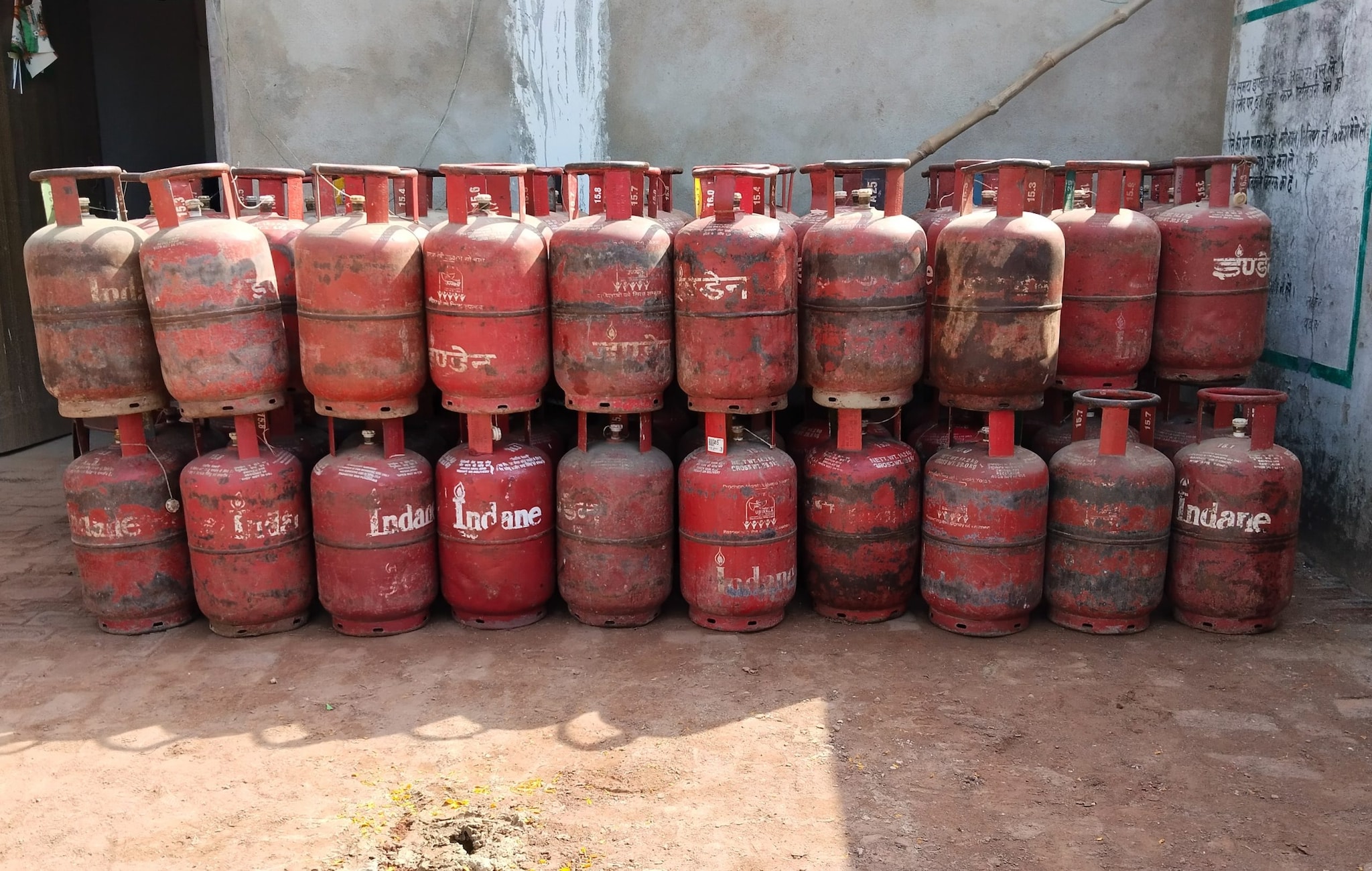MANILA, Philippines – For taxation purposes, properties held by taxpayers are generally classified into Capital Assets and Ordinary Assets, depending on their nature and use. A capital asset refers to any property of the taxpayer, whether or not connected to their trade or business, that is not classified as an ordinary asset. READ: Former President Duterte and the ICC In contrast, ordinary assets include properties held by the taxpayer (whether or not connected with their trade or business), such as: a.
Stock in trade or other property that would properly be included in the taxpayer’s inventory at the close of the taxable year; b. Property held primarily for sale to customers in the ordinary course of business; c. Property used in business that is subject to depreciation; or d.

Real property used in trade or business. (National Internal Revenue Code, Sec. 39(A)(1)) Typically, capital assets include properties held for investment purposes rather than for sale, such as stocks, bonds, real estate, and other properties that are not part of the taxpayer’s regular business operations.
Distinguishing between these two asset types is crucial because different taxes apply upon their sale or exchange. Gains from the sale of capital assets are generally subject to capital gains tax and documentary stamp tax, while gains from the sale of ordinary assets are subject to graduated income tax rates and value-added tax (VAT). Currently, capital gains from the sale of real property are taxed at 6 percent, and gains from the sale of shares not traded on the stock exchange are taxed at 15 percent.
Meanwhile, gains from the sale of ordinary assets are subject to graduated individual income tax rates of 0 percent to 35 percent, or a 25 percent corporate income tax, in addition to the 12 percent VAT. Beyond stocks, bonds, and real estate, business taxpayers may hold another type of capital asset—Goodwill. Goodwill is an intangible capital asset representing the excess value of a business beyond its identifiable tangible assets and liabilities.
It arises in business combinations—such as mergers or acquisitions—when the purchase price exceeds the fair market value of the target company’s net identifiable assets. This excess value reflects elements that are not separately measurable but contribute to long-term profitability and operational advantage. Factors contributing to goodwill include: • Brand reputation and name recognition • Customer loyalty and patronage • Strategic market position • Superior management or employee relations • Proprietary technology or products • Location and established business practices Goodwill reflects future economic benefits arising from the synergy of these elements.
It cannot be sold, transferred, or exist independently of the business. It is inseparable from the enterprise and considered inherent to the business itself. In accounting, goodwill is not depreciated, but it must undergo annual impairment reviews to assess any decline in value.
It only appears on the acquirer’s balance sheet during a business acquisition and cannot be recognized independently prior to such an event. In the case of Commissioner of Internal Revenue v. HSBC Limited (G.
R. No. 227121, December 9, 2020), the Hong Kong Shanghai Banking Corporation Limited – Philippine Branch (HSBC) operated a Merchant Acquiring Business (MAB), which enters into merchant agreements with businesses to honor its credit cards.
In 2008, HSBC created GPAP-Phils., Inc. and transferred its MAB, including point-of-sale terminals and merchant agreements, in exchange for 139,641 shares of GPAP-Phils.
Inc., which was equivalent to 99.99-percent ownership of the company.
This transfer qualified as a tax-free exchange under Section 40(C)(2) of the Tax Code. A few days later, HSBC sold its shares in GPAP-Phils., Inc.
to GPAP-Singapore through a Share Sale and Purchase Agreement and a Deed of Assignment of Shares. The total sale price was ₱899,342,921, of which ₱885,378,821 was declared as the value of “goodwill.” While the first transaction was tax-free, the second was taxable.
The dispute arose over which tax applied: the capital gains tax (5 percent on gains up to ₱100,000, plus 10 percent on excess) or the corporate income tax of 35 percent (which were the tax rates applicable in 2008). HSBC paid ₱52,365.75 in documentary stamp tax and ₱89,929,292.
10 in capital gains tax. However, the BIR assessed a deficiency income tax of ₱296,936,948.59, asserting that the goodwill included in the sale of shares was an ordinary asset, therefore subject to the regular corporate income tax.
Both the Court of Tax Appeals (CTA) and the Supreme Court (SC) ruled in favor of HSBC, declaring that goodwill is a capital asset, thus subject to capital gains tax, not corporate income tax. The courts emphasized that goodwill is an intangible asset that cannot exist independently of the business, nor can it be sold, purchased, or transferred separately. Although HSBC and GPAP-Singapore agreed on the value of goodwill, it could not be separated from the MAB.
When HSBC transferred its MAB to GPAP-Phils., Inc., the goodwill was likewise transferred to the new entity.
Later, when HSBC assigned its shares to GPAP-Singapore, the goodwill remained with GPAP-Phils., Inc., because GPAP-Singapore merely stepped into HSBC’s position as the majority stockholder.
This ruling aligns with the principle in corporate law that a corporation has a separate and distinct personality from its stockholders. Mere ownership of all or nearly all shares by one entity is not sufficient to disregard this corporate personality. Subscribe to our daily newsletter By providing an email address.
I agree to the Terms of Use and acknowledge that I have read the Privacy Policy . (The author, Atty. John Philip C.
Siao, is a practicing lawyer and founding Partner of Tiongco Siao Bello & Associates Law Offices, an Arbitrator of the Construction Industry Arbitration Commission of the Philippines, and teaches law at the De La Salle University Tañada-Diokno School of Law. He may be contacted at [email protected] . The views expressed in this article belong to the author alone.
).
Business

Goodwill in Business Transfers – Capital or Ordinary Asset?

MANILA, Philippines – For taxation purposes, properties held by taxpayers are generally classified into Capital Assets and Ordinary Assets, depending on their nature and use. A capital asset refers to any property of the taxpayer, whether or not connected to their trade or business, that is not classified as an ordinary asset. READ: Former President














